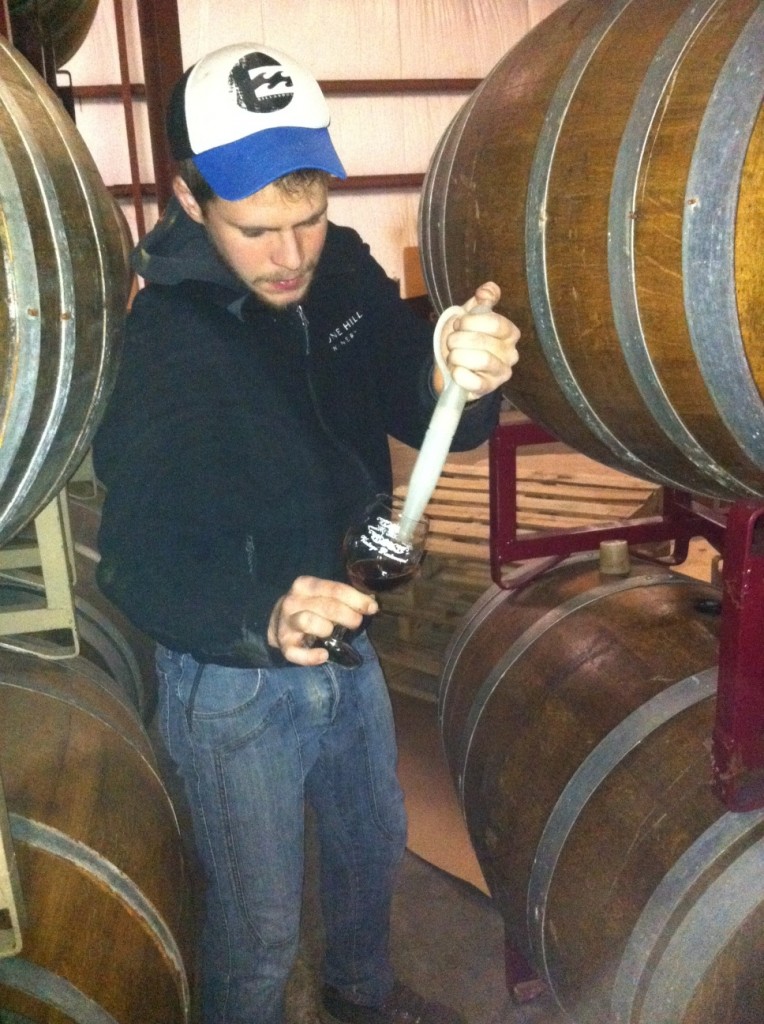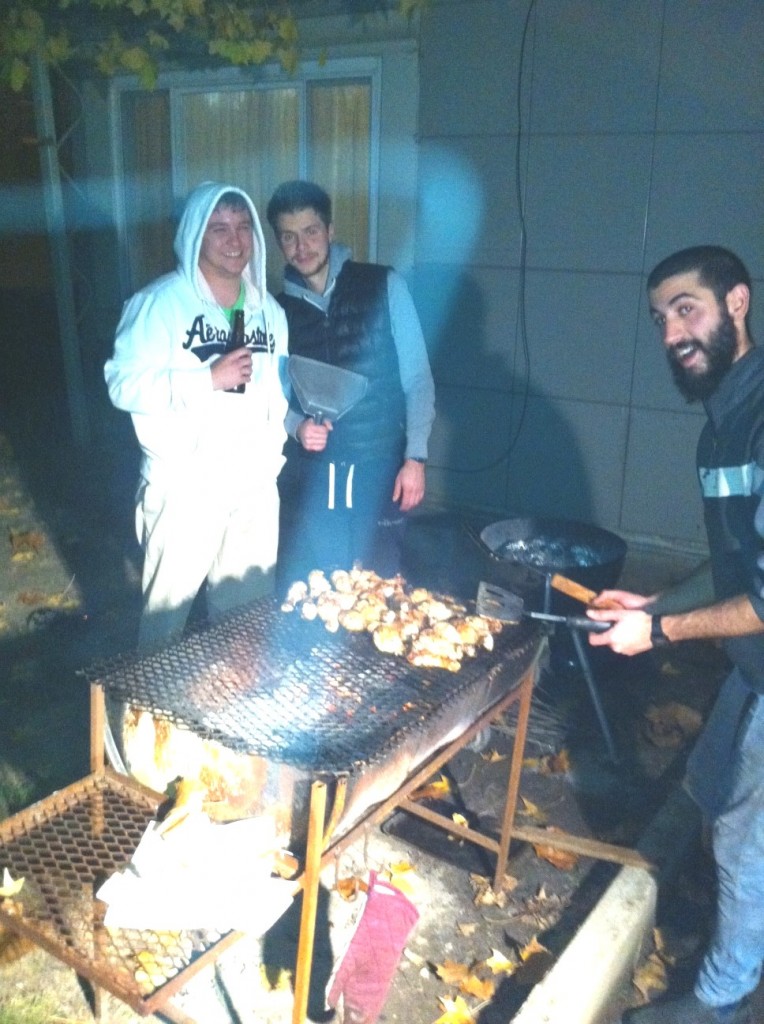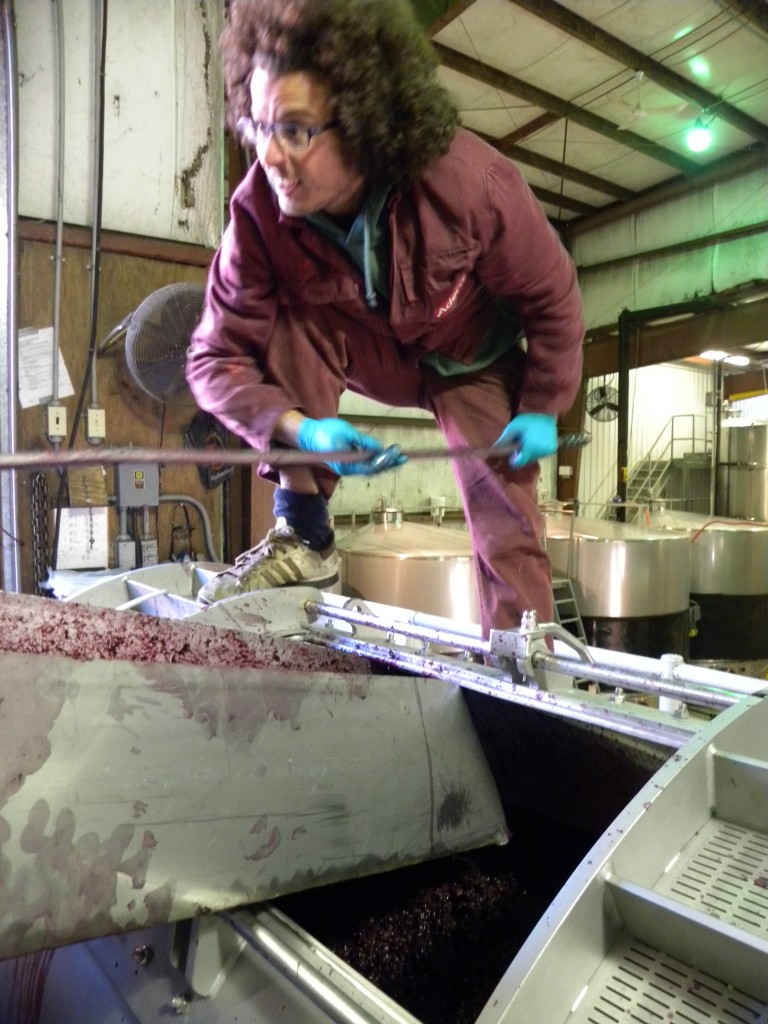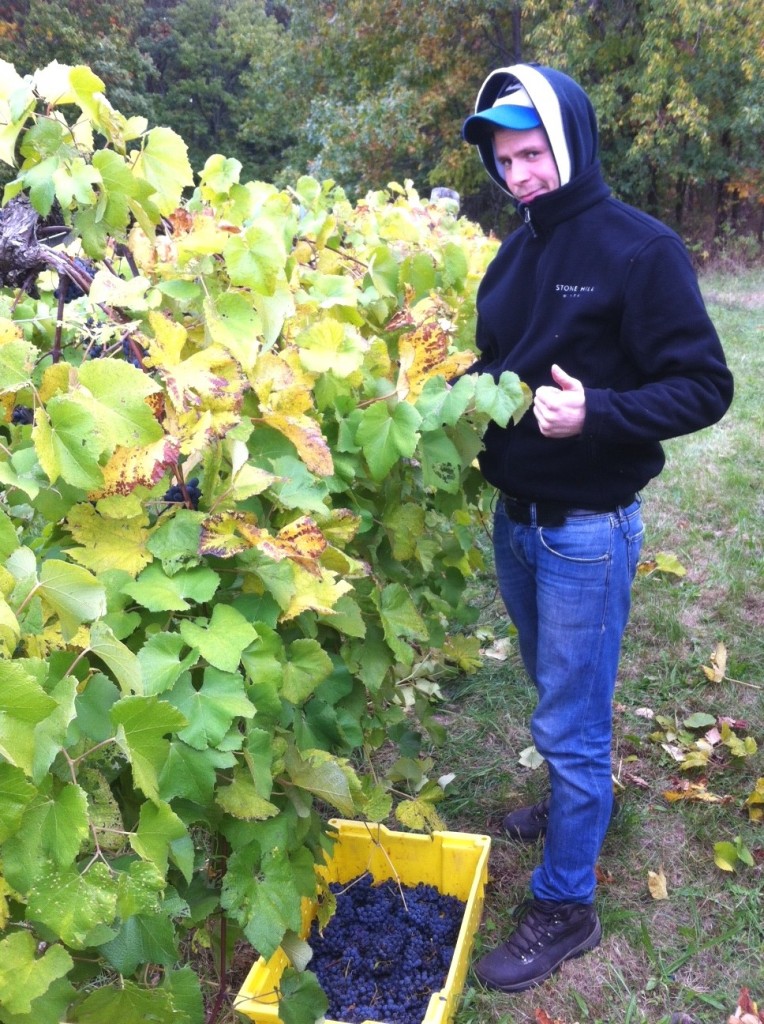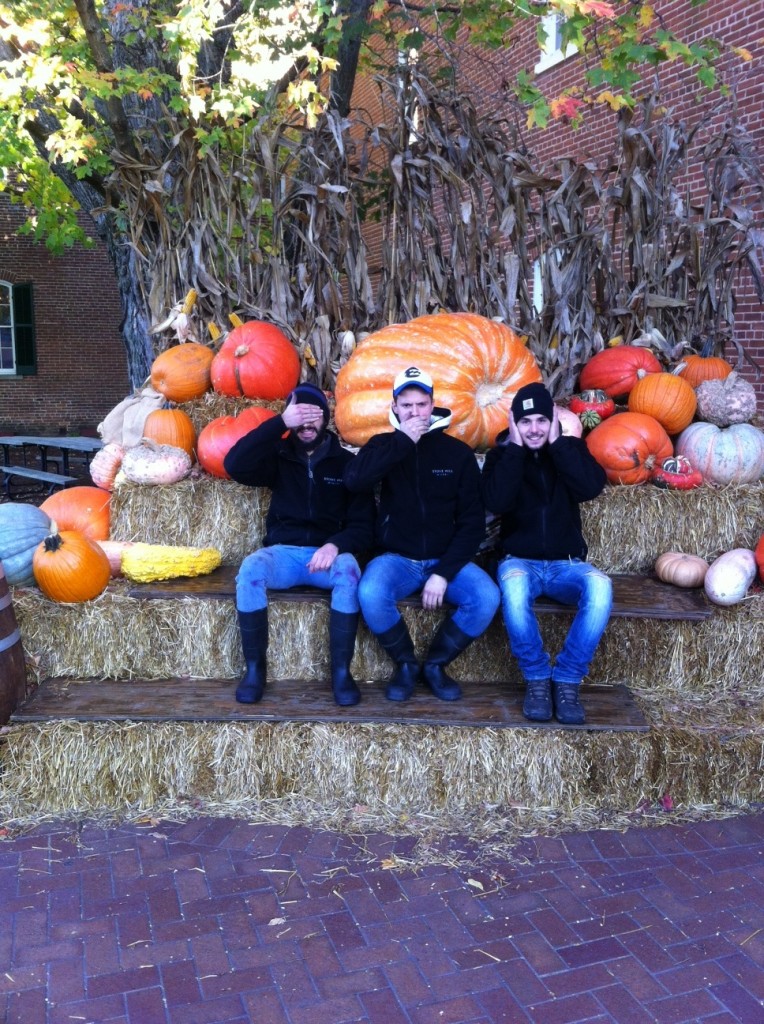Winemaking in the Heartland: Becoming a CAEP host
With a history that leads back to the late 1800s, Stone Hill Wine Company has grown from the ground up, producing as much as 1.2 million gallons of wine. In 1965, the winery was made into a commercial winery. They started small, have built up over the years, and have worked as a family to operate the business.
Stone Hill is not located in a traditional wine community or culture, such as in California or the West Coast, which has made it difficult to find trained staff that has a wine background for the peak harvest time.
“We decided that it just made a lot of sense to host international people that have an education in winemaking or viticulture,” said Shaun Turnbill, Winemaker. “We have found that being a host has been very beneficial for everyone. It is beneficial for interns to gain experience and learn a new culture. But we also experience a different culture. We are able to learn from them and see their practical skills that we can implement. It is definitely a great exchange.”
Being a winery in the Midwest has its challenges. “We experience a lot of climatic swings being located in the Midwest,” said Shaun. “We have really cold winters and then will have a 50 degree day. During our growing season, we deal with deal and humidity. So we have to use grapes that will withstand the drastic climate swings. We use French American hybrids, which has resulted in a unique blend and taste.”
Not only do they have to address the changes in climate, but they have to prove that they can make a great wine outside of California. “Missouri is definitely underrated. We are very serious about winemaking and producing different varieties. As a host, we want our interns to learn work ethic, build their resume, gain a lot of great trade experience, and learn about winemaking outside of California.”
For Shaun and his team, the J-1 Training and Intern program is a great opportunity for young adults and hosts to learn from each other and share skills, it is also a great opportunity to learn about different cultures and different ways of doing things. “You see how people do it somewhere else and it really opens your mind to new thoughts, techniques, and certain ways of producing wine. The world is diverse but you don’t experience that on a regular basis. By hosting international winemakers, we see how people and are able to apply their techniques to our trade.”

